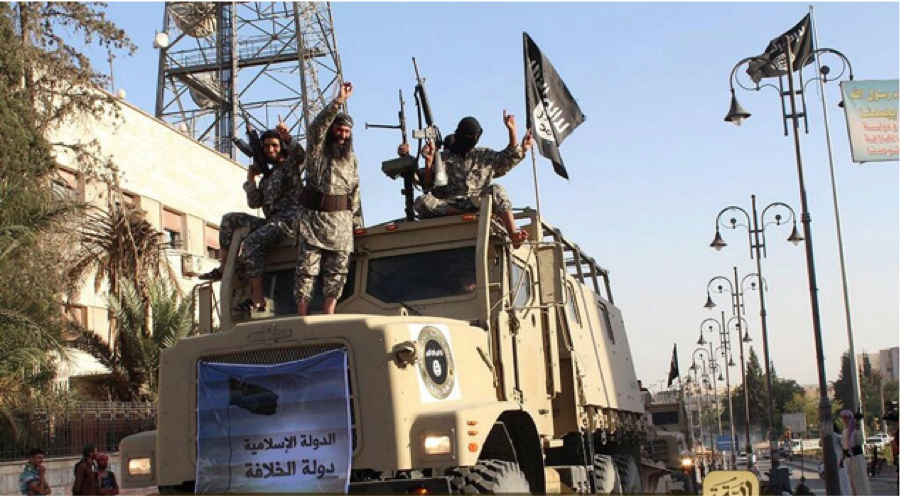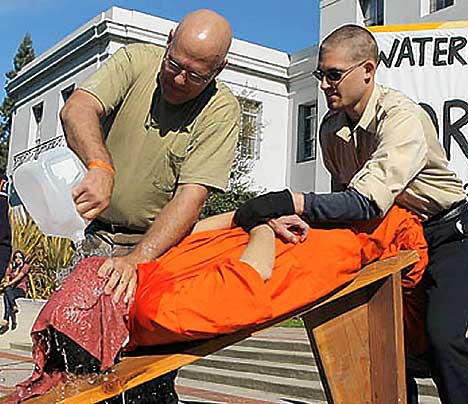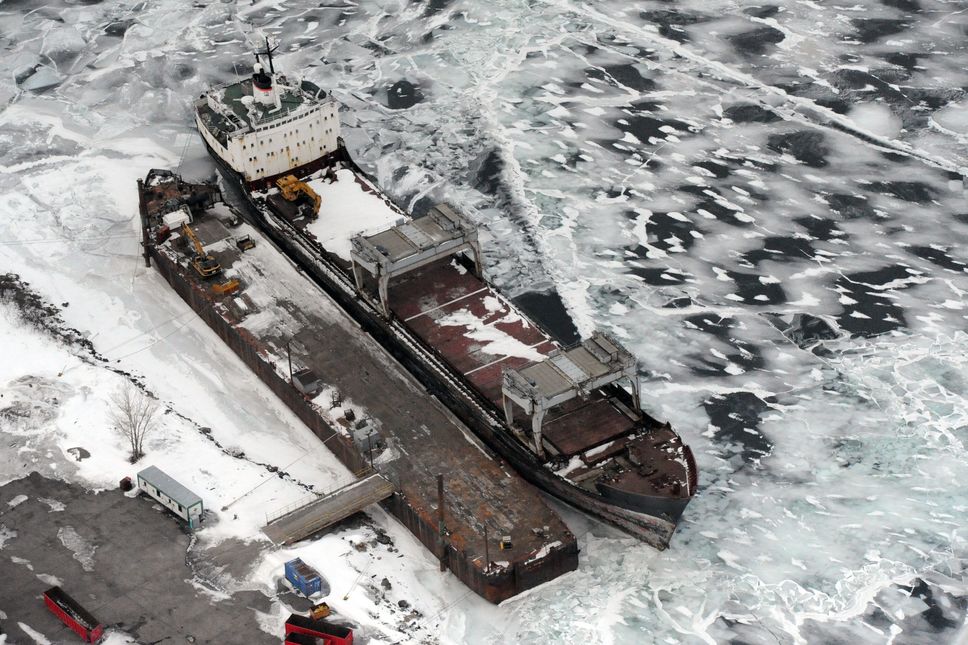Since early 2014 the actions of the ‘Islamic State of Iraq and the Levant ‘(ISIS) has dominated news headlines internationally. However ISIS has operated under various guises since the early 1990’s and thus calls into question what is truly known about this brutal terrorist sect.
Decades ago, the organization, that is now called ISIS began under the command of a Jordanian by the name of Abu Musab al-Zarqawi , a fringe figure of bin Laden’s al-Qaeda. Though both al-Zarqawi and bin Laden shared similar extremist rhetoric, it was al-Zarqawi who set ISIS on the path of targeting fellow Muslims as one of many means to achieve the long-term goal of forcibly establishing a Sunni-centric state throughout the Middle East. Thus, in 2011 when U.S. troops withdrew entirely from Iraq, al-Zarqawi and ISIS identified and capitalized on the power vacuum that resulted from the absence of the US military presence.

Furthermore, as sectarian tensions spiraled into a bloody civil war in neighboring Syria and Sunni grievances in Iraq were being left unanswered and even aggravated by the relatively weak Shia dominated Iraqi government, it came as very little surprise that ISIS would become the biggest winner from the turmoil. As a result ISIS transformed from a rabble group of primarily foreign jihadists to a de facto pseudo-state that encompassed significant Iraqi and Syrian territory.
However what is most surprising about ISIS’ territorial expansion is that much of it is being aided with the use of American-made weaponry. This is not to say that the U.S. directly provided weapons to any affiliate of ISIS nor that the U.S. is the sole source of military supplies. The United States government has recognized the high potential of weapons procured for one group of militants to fall into the hands of another and has cited this as a strong reason for refusing to arm groups in civil wars like that in Syria. An example of U.S. weaponry falling into the wrong hands is the capitulation of Iraqi forces in early June to ISIS militants in northern Iraq. This gave ISIS access to U.S.-supplied assault rifles, ammunition and heavy weaponry that was deserted at bases throughout northern Iraqi positions. Also military personnel carriers, captured from Iraqi army bases in Mosul, have now been rumored to be transporting ISIS militants back to Syria.

No one can predict the transition of arms that could take place among groups in volatile regions. In an interview conducted on 60 Minutes this past week, American President Obama admitted that America had in fact dropped the ball on ISIS and underestimated what they were dealing with. Now in the recent U.S. led bombing campaign in northern Iraq, Americans have had to bomb their own armoured vehicles left behind from the Iraq war.
It is important to point out that old U.S. supplies falling into the wrong hands are far from the only source of weapons for ISIS. It has been speculated that supplies and funding have also been funneled through such countries as Turkey, Qatar and Saudi Arabia. There are plenty of rumours pertaining to where arms are procured for terrorist groups such as ISIS, many of them ending with the term ‘black market’. Discarded weapons stockpiles and provisions to differing militant groups only represent a few of the many international sources fuelling international terrorism and thus standing in the way of winning the war on terror.




